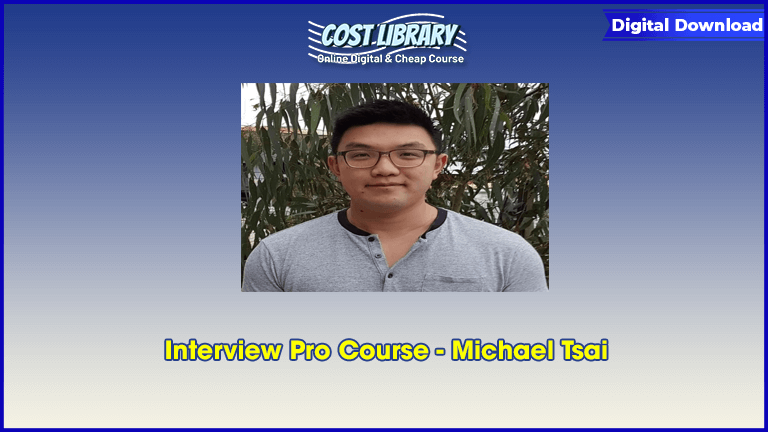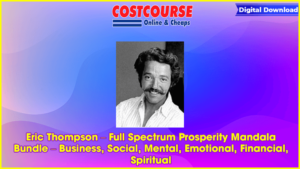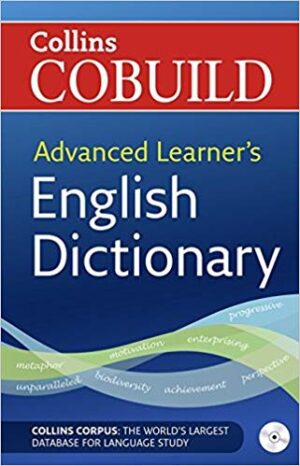Interview Pro Course – Michael Tsai
Course Curriculum
MODULE 1: READY, SET, GO – BREAKING DOWN THE INTERVIEW
Start
Lesson 1: Transforming you into an interview superstar (5:44)
Start
Lesson 2: How to use this course effectively (6:37)
Start
Lesson 3: What is an medical interview? (10:21)
Start
Lesson 4: How do interviews assess candidates? (8:48)
Start
Lesson 5: Why interview preparation needs to be different (13:08)
Start
Lesson 6: Differences in interview formats: MMI vs semi-structured (11:18)
Start
Lesson 7: Key considerations and attitudes when preparing (3:50)
MODULE 2: CREATING CONTENT FOR YOUR RESPONSES
Start
Lesson 1: What is content? (9:11)
Start
Lesson 2: Why is content creation the most important step of all? (9:06)
Start
Lesson 3: Selection Criteria: aligning your content creation process (list of desirable traits) (5:54)
Start
Lesson 4: How authenticity is crucial to your preparation and performance (10:26)
Start
Lesson 5: Stages of content creation – Recall, Define, Explain, Focus (14:06)
Start
Stage 1: Recall the event(s)
Start
Stage 2: Define the criteria (i.e. attribute, skill, value)
Start
Stage 3: Explain its function
Start
Stage 4: Focus on relevant examples
Start
Lesson 6: Time to create your own high-value and authentic content (CONTENT CREATION WORKSHEET) (2:53)
Start
Lesson 7: Two ways to check whether your content is up to scratch (10:00)
Start
ACTION: Submitting your content for personal feedback (MUST-DO STEP BEFORE CONTINUING ON TO NEXT MODULE)
Start
MODULE 1: PROGRESS CHECK POINT
MODULE 2.5 – ADDITIONAL MUST-READ RESOURCE FOR EVERYONE
Start
Cole’s Medical Practice – To give you inspiration for content creation + build knowledge of interview topics
Â
MODULE 3: IDENTIFYING OPPORTUNITIES, CONTENT SELECTION, STRUCTURE SELECTION
Start
Introducing the three key cognitive skills of a successful interviewee
Start
Skill 1: What are opportunities? (5:24)
Start
What makes finding opportunities so important when planning your response? (7:53)
Start
Steps to identifying opportunities in interview questions: Remember, Analyse, Identify (6:45)
Start
Step 1: Remember your program’s selection criteria (6:54)
Start
Step 2: Analyse the question (14:31)
Start
Step 3: Identify two to three opportunities (6:50)
Start
Identifying opportunities – Exemplars (91:05)
Start
Skill 2: Content Selection and contentious (ethical) issues readings
Start
Event-specific question exemplars (Remember, Summarise, Isolate, Identify) (6:00)
Start
Practice quiz 2 recommendations: event-specific questions (semi-structured format)
Start
**MUST DOWNLOAD** Module 2, 3, 4, 5 practice worksheet and how to use them
Start
Conflict-based question exemplars (Remember, Summarise, Isolate, Identify)
Start
Practice quiz 3 recommendations: conflict=based questions (semi-structure format)
Start
Contentious topics question exemplars (Remember, Summarise, Isolate, Identify)
Start
Practice quiz 4 recommendations: contentious topics question (semi-structure format)
Start
Scenario-based question exemplars (Remember, Summarise, Isolate, Identify)
Start
Practice quiz 5 recommendations: sencario-based question (MMI format)
Start
Role play question exemplars (Remember, Summarise, Isolate, Identify)
Start
Practice quiz 6 recommendations: role play questions (MMI format)
Start
MODULE 2 PROGRESS CHECK POINT
MODULE 4: SELECTING THE BEST CONTENT FOR YOUR ANSWER
Start
What is content selection and why is it important?
Start
Scenario-based question style – content selection guidelines
Start
Contentious (ethical) question style – content selection guidelines
Start
Conflict-specific/event-specific question style – content selection guidelines
Start
Personal question style – content selection guidelines
Start
SKILLS WORKSHEET: Scenario-based question practice (21 questions)
Start
SKILLS WORKSHEET: Contentious (ethical) question practice (22 questions)
Start
SKILLS WORKSHEET: Conflict-specific question practice (20 questions)
Start
SKILLS WORKSHEET: Event-specific question practice (23 questions)
Start
SKILLS WORKSHEET: Personal-style question practice (23 questions)
MODULE 5: ADOPTING THE MOST EFFECTIVE STRUCTURE
Start
What is structure and why is it so important?
Start
The layers of a good structure: Burger Model (33:59)
Start
Completion of the three cognitive skills and the next steps in preparation
Start
Contentious (ethical) question style – structure selection guideline
Start
Conflict-specific/event-specific question style – structure selection guideline
Start
Personal-based question style – structure selection guideline
Start
Practice quiz 2: event-specific questions (semi-structured format)
Start
Conflict-based question exemplars (Introduction, Body, Conclusion)
Start
Practice quiz 3: conflict=based questions (semi-structure format)
Start
Contentious topics question exemplars (Introduction, Body, Conclusion)
Start
Practice quiz 4: contentious topics question (semi-structure format)
Start
Scenario-based question exemplars (Introduction, Body, Conclusion)
Start
Practice quiz 5: scenario-based question (MMI format)
Start
Role play question exemplars (Introduction, Body, Conclusion)
Start
Practice quiz 6: role play questions (MMI format)
Start
MODULE 4 PROGRESS CHECK POINT
MODULE 6: THE ART OF DELIVERING AN ENGAGING RESPONSE
Start
How this module will help you deliver better answers
Start
What makes a response engaging? (CHECKLIST)
Start
Scenario-based question exemplars
Start
Contentious topics question exemplars
Start
Common issues encountered when delivering responses and how to fix them
Start
How to practice delvering responses
Start
Personal style question exemplars
Start
Event-specific question exemplars
Start
Conflict-based question exemplars
Start
Role play question exemplars
Start
How to receive feedback
Start
MODULE 5 PROGRESS CHECK POINT
Start
New Lecture
Additional Resources
Start
Aboriginal health – what issues, how they arise and proposed solutions
Start
Rural health – what issues, how they arise and proposed solutions
Start
Health agendas in Australia – National Primary Healthcare Strategic Framework
Start
Role Play Overview and Strategies
Start
New Zealand med school specific information
Start
New Lecture
Transition to the New Learning Management System
Start
Transition to the New Learning Management System








